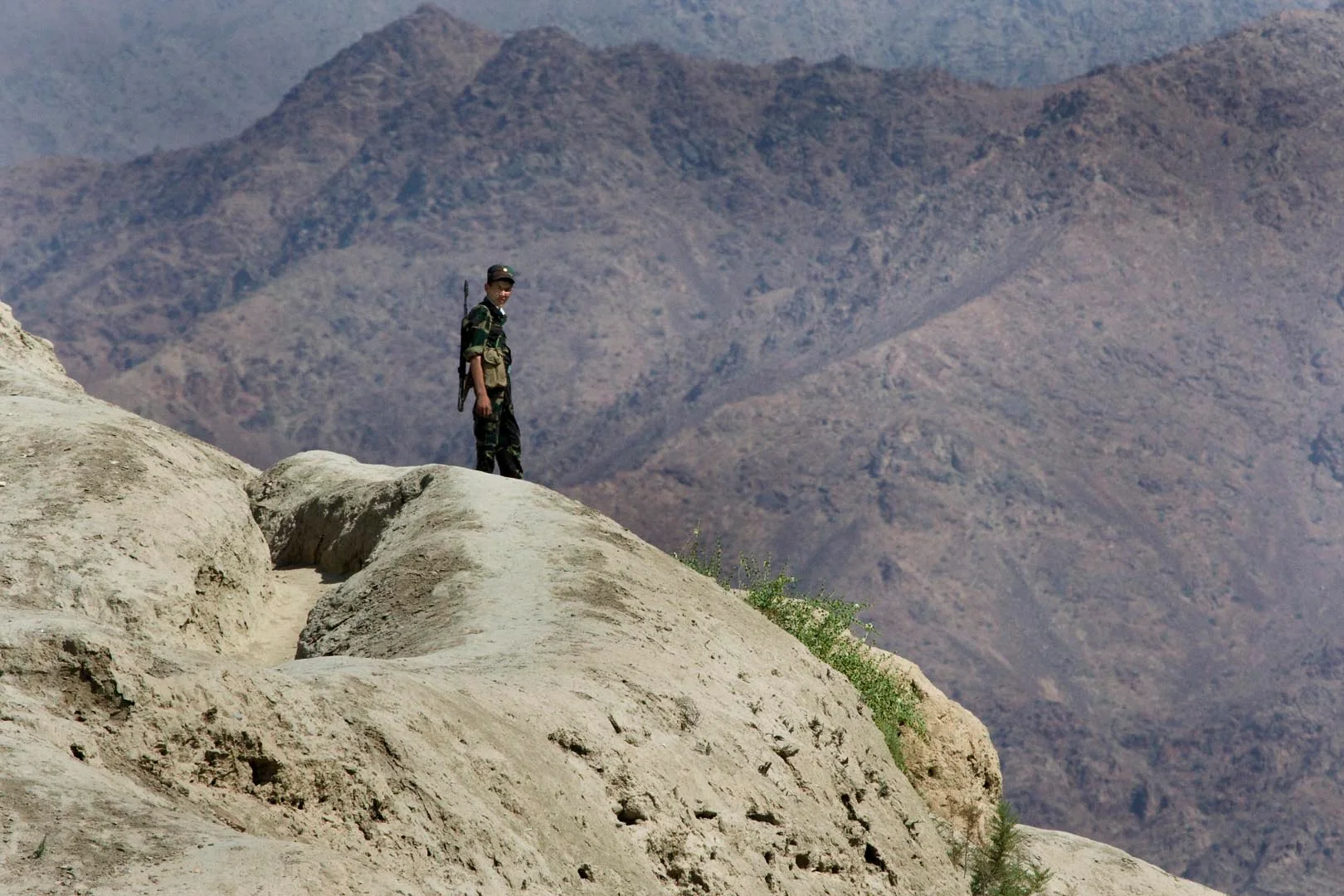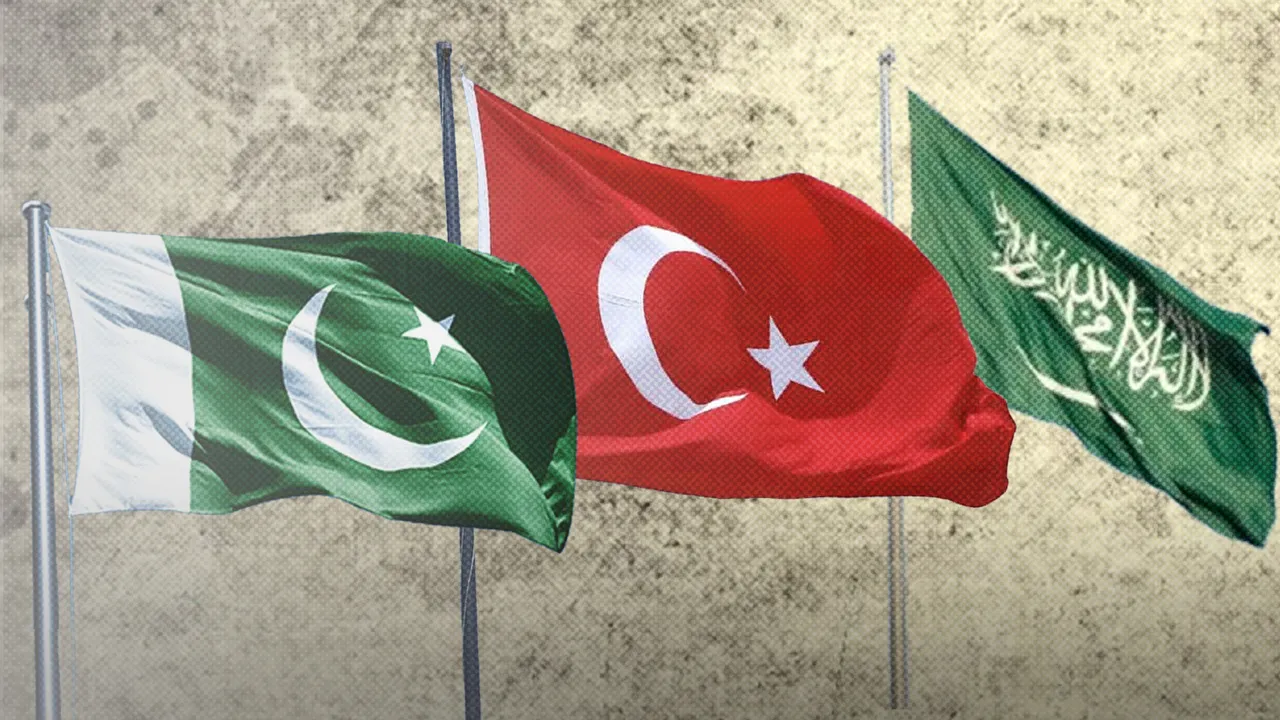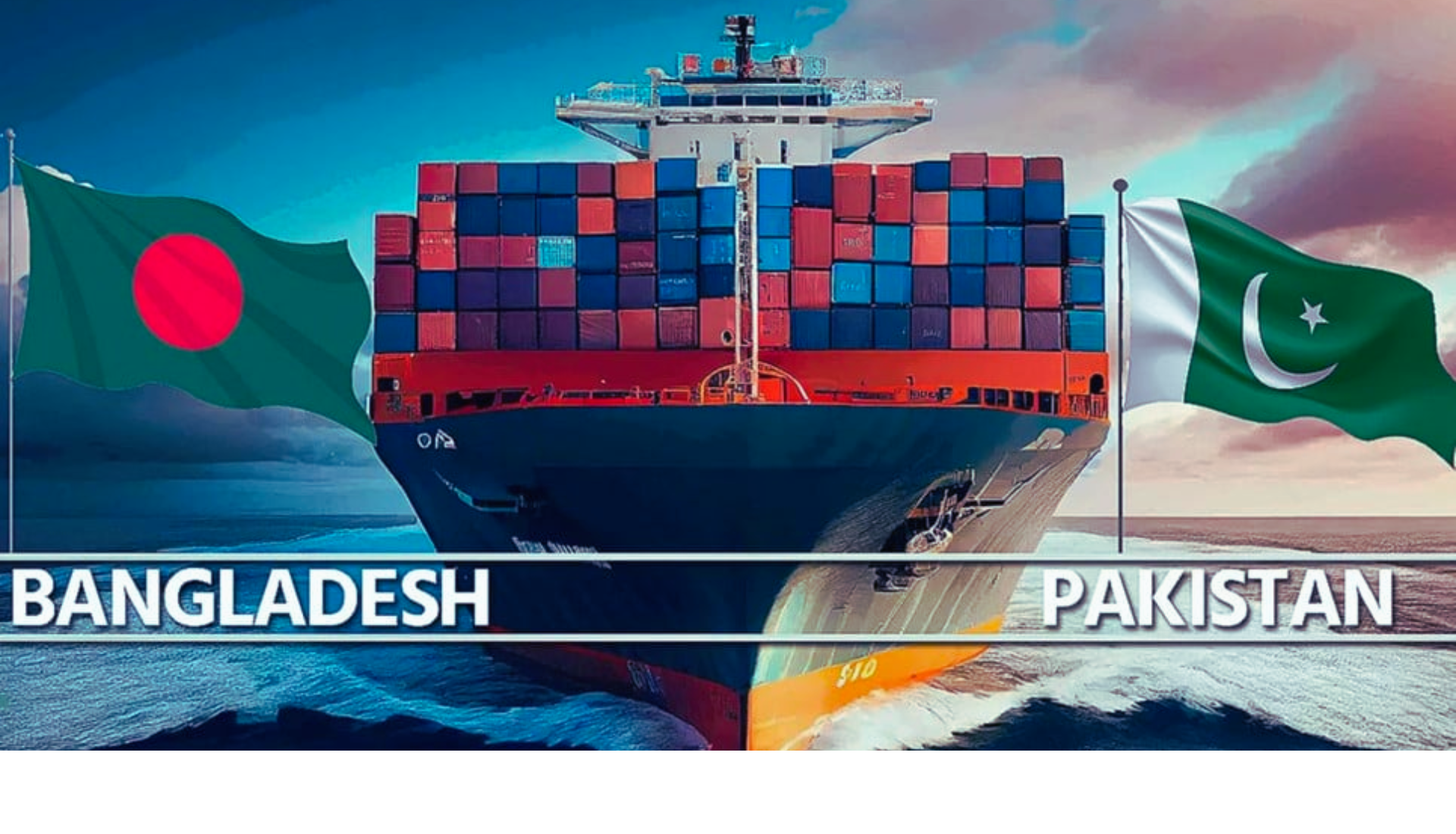Oil prices fell for a fifth day to their lowest since February 2021 on Wednesday on looming demand concerns fuelled by an escalating tariff war between the U.S. and China, the world’s two biggest economies, and a rising supply outlook.
Brent futures dropped $1.39, or 2.21%, to $61.43 a barrel as of 0655 GMT. U.S. West Texas Intermediate crude futures fell $1.50, or 2.52%, to $58.08. Both contracts lost as much as 4% before paring some losses.
Both Brent and WTI have tumbled over the five sessions since U.S. President Donald Trump announced sweeping tariffs on most imports sparking concerns a global trade war would dent economic growth and hit fuel demand.
Also See: China Warns of Firm Retaliation Against US Over Tariff Disputes
The premium of the Brent futures contract to the contract six months later slumped to 98 cents a barrel, its lowest since mid-November. That premium has contracted from $3.53 on April 2 when the tariffs were announced and as the trade war with China has escalated.
The narrowing of the Brent market’s backwardation, the market structure when prices for prompt futures are higher than later-dated supply, indicates investors are becoming increasingly concerned about falling crude demand and the potential for excess supply.
Trump’s 104% tariffs on China kicked in from 12:01 a.m. EDT (0401 GMT) on Wednesday, adding 50% more to tariffs after Beijing failed to lift its retaliatory tariffs on U.S. goods by a noon deadline on Tuesday set by Trump.
Beijing vowed not to bow to what it called U.S. blackmail after Trump threatened the additional 50% tariff on Chinese goods if the country did not lift its 34% retaliatory levy.
“China’s aggressive retaliation diminishes the chances of a quick deal between the world’s two biggest economies, triggering mounting fears of economic recession across the globe,” said Ye Lin, vice president of oil commodity markets at Rystad Energy.
“China’s 50,000 bpd to 100,000 bpd of oil demand growth is at risk if the trade war continues for longer, however, a stronger stimulus to boost domestic consumption could mitigate the losses,” she said.
Exacerbating oil’s decline was a decision last week by OPEC+, which groups together the Organization of the Petroleum Exporting Countries and allies including Russia, to hike output in May by 411,000 barrels per day, a move that analysts say is likely to push the market into surplus.
Goldman Sachs now forecasts that Brent and WTI could edge down to $62 and $58 per barrel by December 2025 and to $55 and $51 per barrel by December 2026.
As oil prices sank, Russia’s ESPO Blend oil price fell below the $60 per barrel Western price cap level for the first time ever on Monday.
In one positive sign for demand, data from the American Petroleum Institute industry group showed U.S. crude inventories fell by 1.1 million barrels in the week ended April 4, compared with expectations in a Reuters poll for a build of about 1.4 million barrels.
This news is sourced from Reuters and is intended for informational purposes only.

![Oil prices hit lows not seen since 2021 amid U.S.-China tariff war and rising supply, sparking global demand concerns. [Image via Reuters/File]](https://southasiatimes.org/wp-content/uploads/2025/04/IIKDKDBR4JIZHA2HPEB2XXDM2I.webp)




